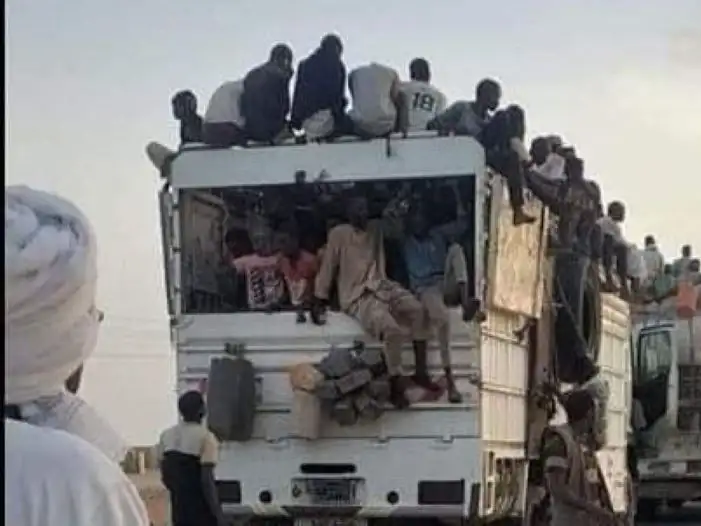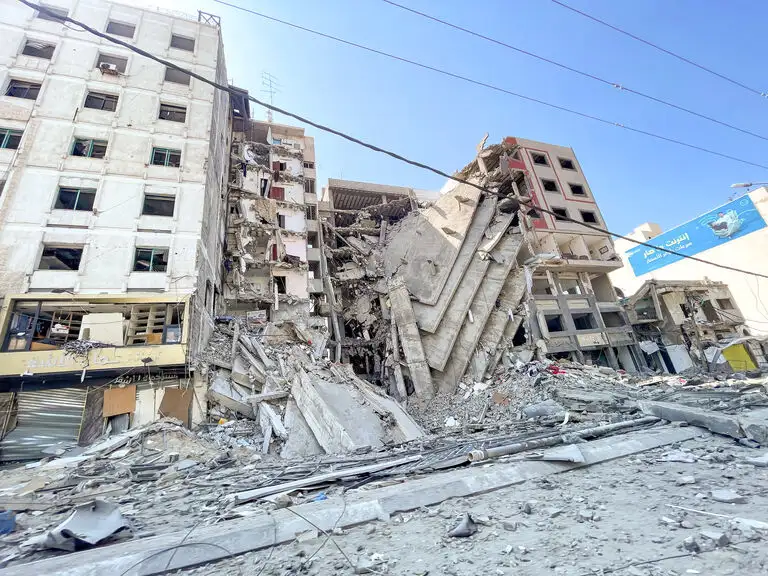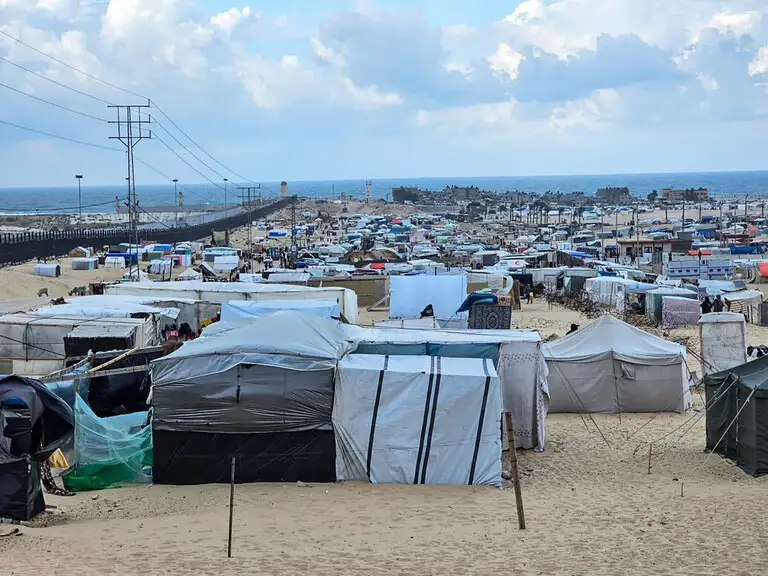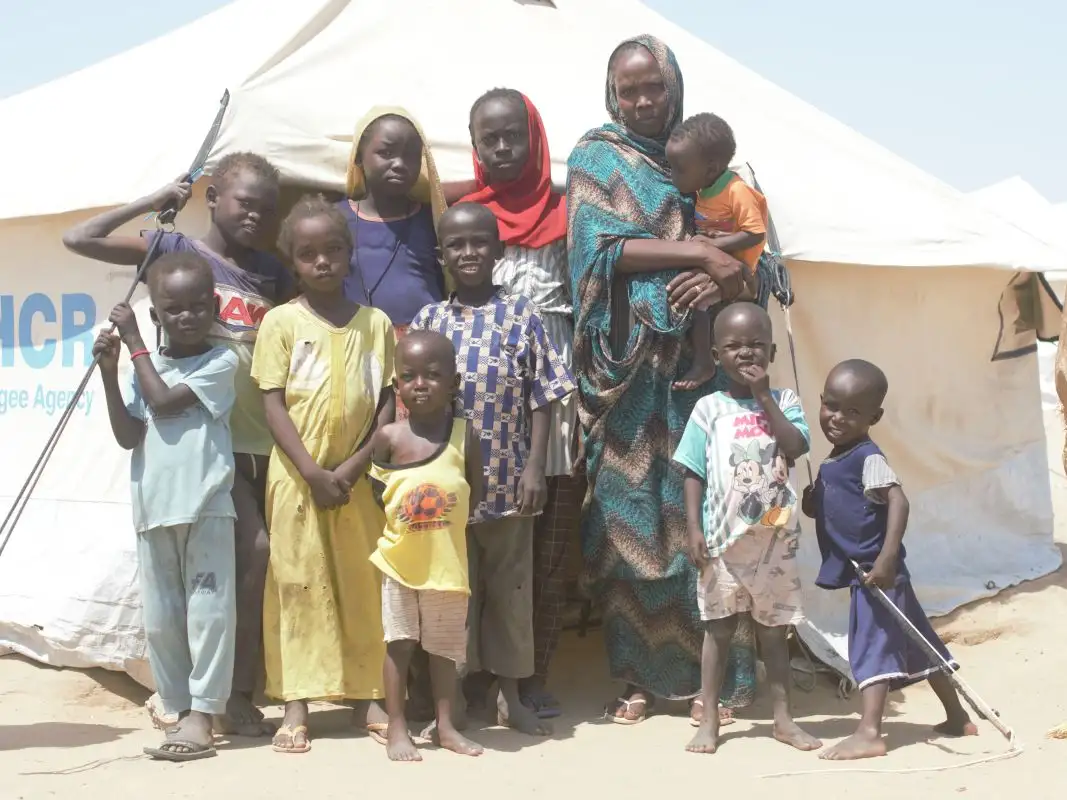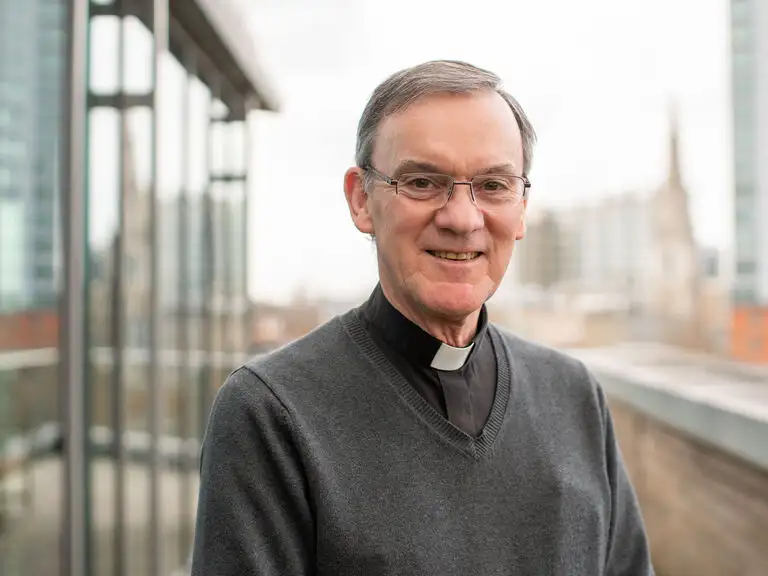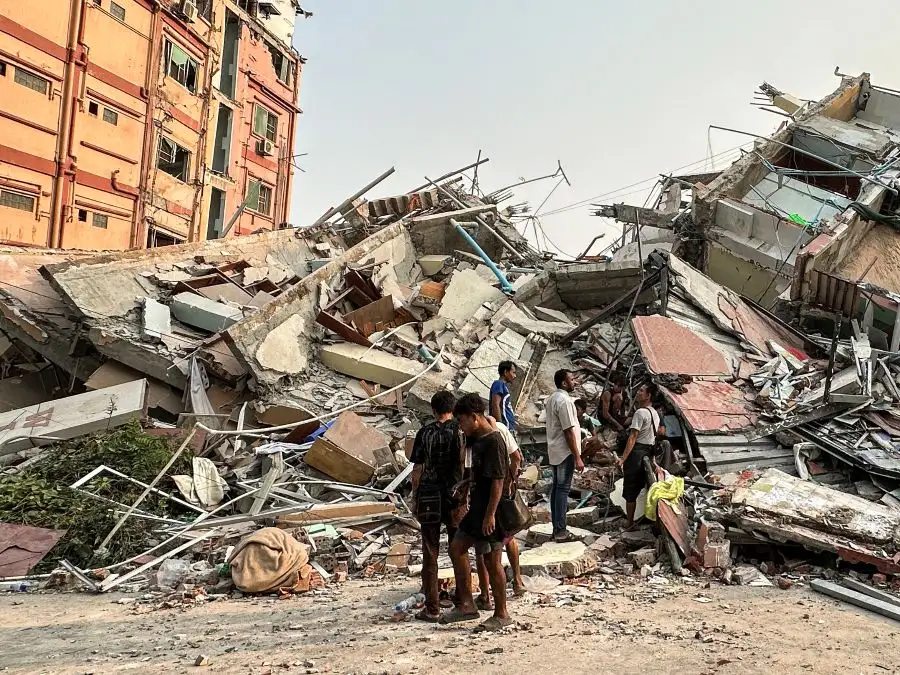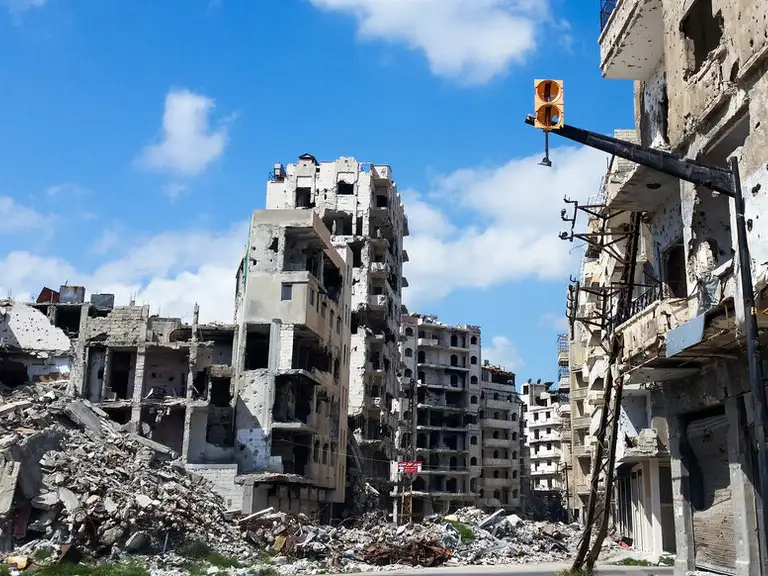Coronavirus has thrown every aspect of our day-to-day lives into chaos.
Each and every one of us has felt the impact of this terrible disease. It’s taken friends and loved ones from us. It’s left us feeling vulnerable, afraid and alone.
Imagine dealing with the risk of coronavirus from inside a refugee camp. There’s no chance of social distancing, not enough clean water to wash your hands and no hospital bed ready if you or your loved ones get sick.
Our local experts and volunteers are already working in refugee camps throughout the world. They know that the spread of coronavirus through these overcrowded camps will be devastating, but they are staying to ensure that help reaches those in need before the virus does.
With your support, we’re reaching vulnerable refugees worldwide, including families in Lebanon, Bangladesh and South Sudan.
Together, we can make sure that more of our global family survive this crisis.
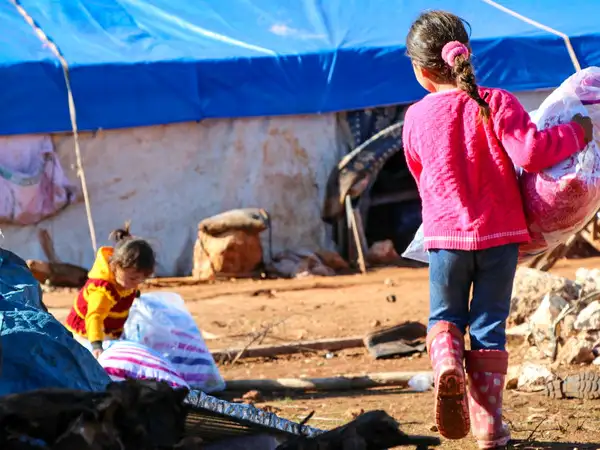

Millions of Syrians have fled the violence of the civil war and are living in overcrowded camps within Syria and in neighbouring countries.
Syrian refugees in Lebanon
One and a half million refugees from Syria live in Lebanon – in crowded, makeshift camps and alongside poor Lebanese communities.
Although a swift lockdown has been largely successful in containing the virus, Lebanon’s economy was already in crisis, with unemployment surging and hospitals struggling to afford medicine or equipment.
The concern for the large refugee population is that social distancing, self-isolation, and frequent handwashing are nearly impossible in the communities where many refugees live. So our network of local experts are providing hygiene kits to vulnerable families to help prevent the spread of coronavirus.
Few cases have been reported in the camps so far, but many more could be going undetected, with some Syrians fearing deportation if they test positive for coronavirus.
An immediate challenge for homeless families is losing their income due to lockdown restrictions. They are now going hungry, getting further into debt, or both. Yasmin, one of our local experts, fears that “it’s going to get worse… whatever savings people have are lost.”
Your donations are providing life-saving support in the form of food kits, medical assistance, and emergency cash grants, which help families to buy what they need to survive this crisis.
South Sudanese refugees in Sudan
Millions of people fled the violence of the civil war in South Sudan and are living as refugees in neighbouring countries. Camps in Sudan are home to nearly 900,000 of these refugees. Until peace is established in South Sudan, they are unable to return home.
Our outreach workers are working alongside local organisations within nine refugee camps in the White Nile area of Sudan. With your support, they have worked quickly to prevent the spread of coronavirus and save lives.
There are currently no cases of coronavirus reported from the camps.
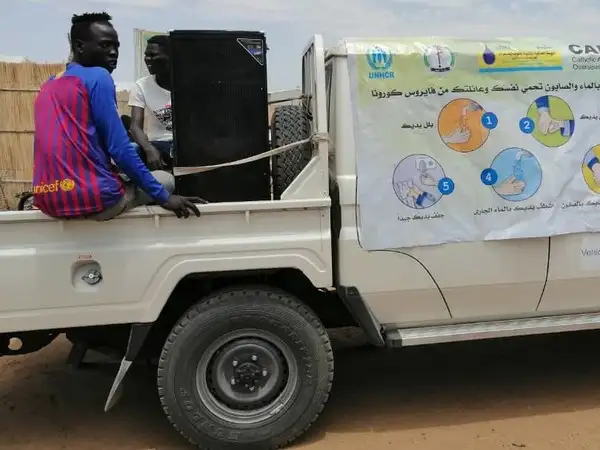

Outreach workers drive a truck displaying coronavirus prevention advice around a refugee camp.
In the hands of our local experts, your donations are saving lives by:
Installing handwashing stations at health centres and camp entry points
Ensuring enough soap is available at all handwashing stations
Providing 172 PPE kits of heavy duty gloves, gowns and masks for outreach workers
Giving out tools to allow deep cleaning at camps to be carried out safely
Making posters and flyers to give out at the nine camps as part of an awareness campaign about how to prevent coronavirus
Putting up coronavirus billboards with prevention information.
CAFOD and their partner have provided us with handwashing facilities - with water and soap. In addition they have been passing over coronavirus information through microphones.


Azizul has six children and worries about them washing properly and playing outside in the crowded Rohingya camps.
Rohingya refugees in Bangladesh
In the last three years, over 700,000 Rohingya refugees have escaped violence in Myanmar by travelling to Bangladesh. In the Cox’s Bazar refugee camps families live in makeshift shelters, in crowded conditions, and need emergency help to survive day to day.
Our local experts and volunteers have been providing emergency food, clean water and health advice to vulnerable families as they arrived at the camps.
With cases of coronavirus now identified in the camps, making sure that people have soap and clean water to wash their hands and work to raise awareness of both coronavirus and ways to prevent it is even more important
This builds on the essential work that you have been supporting since the camp was established.
You are making a real difference to vulnerable families and helping them survive this crisis.


